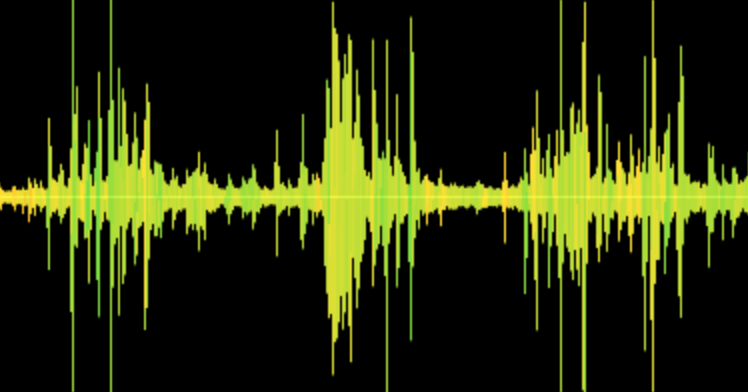Teach This Poem, though developed with a classroom in mind, can be easily adapted for remote learning, hybrid learning models, or in-person classes. Please see our suggestions for how to adapt this lesson for remote or blended learning. We have also noted suggestions when applicable and will continue to add to these suggestions online.

Listen to the sound of children playing.
The following activities and questions are designed to help your students use their noticing skills to move through the poem and develop their thinking skills so they understand its meaning with confidence, using what they’ve noticed as evidence for their interpretations. Read more about the framework upon which these activities are based.
- Warm-up: Listen to the sound of children playing. What do you notice? How might you describe these sounds? Why?
-
Before Reading the Poem: If you could write a letter to your ancestors, what would you share? Why? Discuss this with a partner.
-
Reading the Poem: Silently read the poem “pitter/patter” by heidi andrea restrepo rhodes. What do you notice about the poem? Note any words or phrases that stand out to you or any questions you might have.
-
Listening to the Poem: Enlist two volunteers and listen as the poem is read aloud twice, and write down any additional words and phrases that stand out to you. Or, you may opt to listen to the poet reading the poem.
-
Small Group Discussion: Share what you noticed about the poem with a small group of students. How do the resources from the beginning of class compare or contrast with the poem? Why?
-
Whole Class Discussion: How would you describe the speaker in the poem? Why? How might you describe the children? What do you make of the last three lines of the poem: “tomorrow, tomorrow / I make you / tomorrow?”
-
Extension for Grades 7-8: Think back to your letter to your ancestors from the beginning of class. Now, write a letter to your descendents exploring what you think is most meaningful to share. Or, write a letter to your future self. Share your letters with your class.
-
Extension for Grades 9-12: Read Matthew Olzmann’s poem “Letter to Someone Living Fifty Years from Now.” Join with a small group to discuss how these poets write about the future. How does this compare with your idea of tomorrow?
Poetry can serve as a tool for addressing concerns about the changing world and climate, as well as provide words of guidance on the future, moving forward, and new beginnings. Find poems and activities from our Summer Camp series that contemplate the future and offer solutions.
An epistolary poem, also known as an epistle, is a poem of direct address that reads as a letter. Read more.
